Traveling opens up amazing experiences, but it can also lead to unexpected expenses if you’re not careful. Every destination has its own rules, and what seems perfectly normal in your home country might land you with a hefty fine elsewhere. Getting slapped with a penalty can quickly turn your dream vacation into a financial nightmare.
From seemingly innocent activities like chewing gum to basic behaviors like crossing the street, tourists worldwide find themselves facing fines for things they never imagined were illegal. Here is a list of 18 common tourist mistakes that can result in costly penalties.
Taking Photos Without Permission
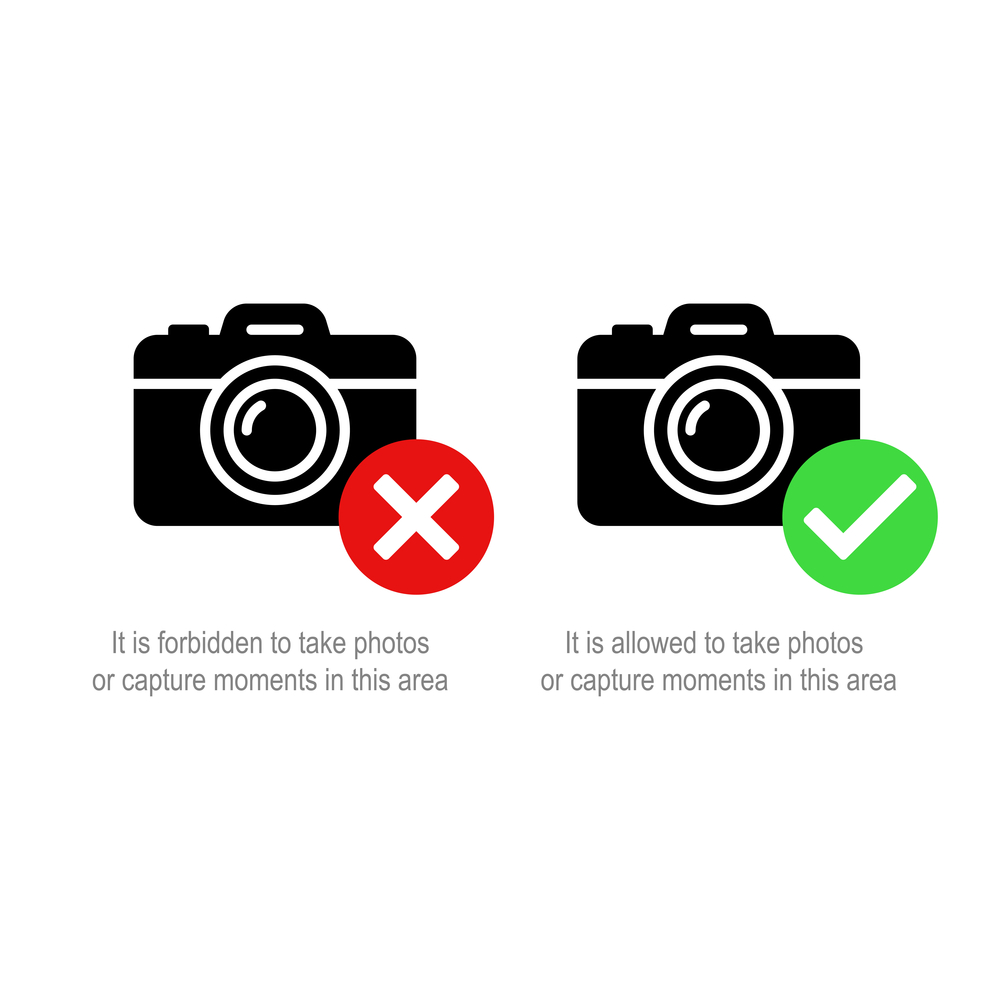
Photography restrictions exist in many places around the world, and ignoring them can cost you big time. Many tourists get caught snapping pictures of government buildings, military installations, or even locals without consent. In Dubai, taking pictures of restricted areas, particularly people, government buildings, military bases, and airport security area,s can lead to camera confiscation, fines, or detention. Singapore also has strict rules about photographing certain locations and people without permission. Even innocent tourist photos can sometimes cross legal boundaries, especially when they involve privacy violations or restricted zones.
Jaywalking or Crossing Streets Illegally
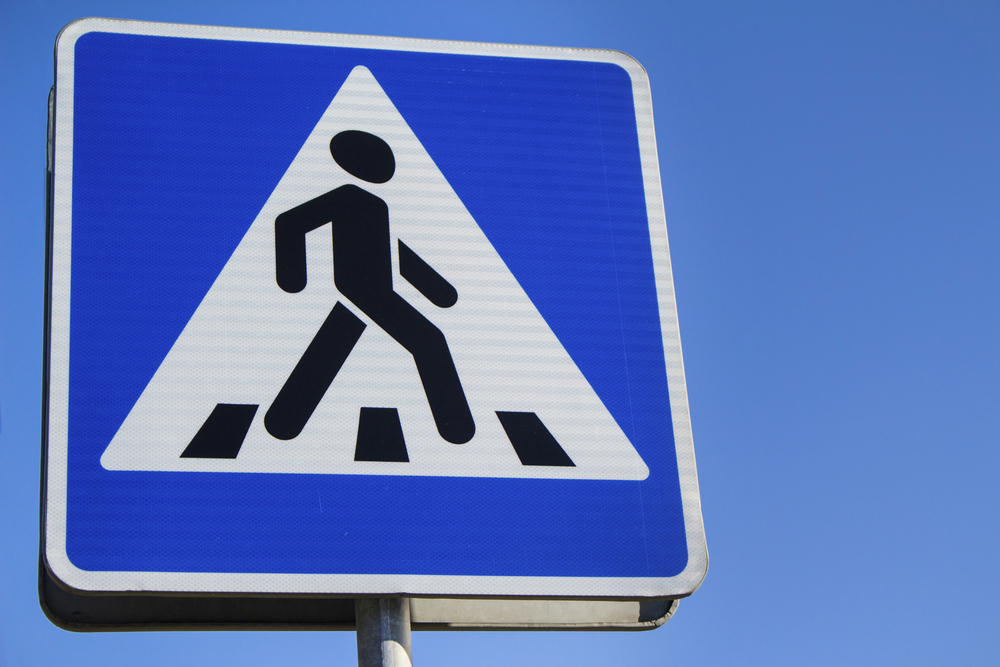
What seems like a harmless street crossing can result in fines in various countries. Jaywalking is considered illegal in Germany and could result in a fine ranging from €5 to €10. The Germans take pedestrian safety seriously, and you’ll rarely see locals crossing against traffic lights, even when no cars are approaching. In countries like Germany and Switzerland, jaywalking is illegal and could result in a fine. Singapore similarly enforces strict jaywalking laws as part of their overall approach to maintaining order and safety in public spaces.
Chewing or Importing Gum

Singapore’s famous gum ban catches many tourists off guard. After a transition period allowing shops to clear existing stock, the sale of chewing gum was completely banned, the penalties being fines of up to S$2,000 for those convicted of selling chewing gum as well as fines and/or jail terms for importers. While it’s not illegal to chew gum that you brought for personal use, if you are caught chewing gum, you may face a fine of S$500 to S$1,000 for a first offense and up to S$2,000 for repeat offenses. The ban was implemented to keep the city clean and prevent gum from jamming subway doors and elevators.
Sitting on Historic Steps or Monuments

Rome’s Spanish Steps provide a perf2ect example of how tourist behavior has led to strict regulations. After a €1.5 million restoration, authorities banned sitting to protect the 18th-century marble staircase from damage and overcrowding. Tourists who ignore this rule face fines, and the same principle applies to many other historic monuments across Europe. These restrictions exist to preserve cultural heritage sites for future generations, but many visitors learn about them the hard way through expensive penalties.
Feeding Wildlife or Pigeons

Venice has banned feeding pigeons since 2008, and violators face substantial fines. Feeding pigeons in Venice has been illegal since 2008, as part of efforts to control the bird population and reduce mess in historic areas. Similar rules apply in many other European cities where pigeons and other urban wildlife have become problematic. The fines for feeding wildlife can range from moderate to severe, depending on the location and the specific animal involved.
Public Displays of Affection

Middle Eastern countries, particularly the UAE, have strict rules about public affection. All public displays of affection are prohibited for unmarried couples, and married couples are also limited in public affection. As per Article 358 of the UAE Penal Code, Public affection can result in fines of up to AED 1,000, deportation, or imprisonment. Even innocent gestures like holding hands or hugging can result in serious consequences. Most public displays of affection are banned in Dubai, the capital of the United Arab Emirates. Kissing, holding hands, or staring lovingly into your paramour’s eyes can land you in hot water.
Littering or Improper Waste Disposal

Singapore’s reputation for cleanliness comes with serious financial consequences for those who litter. Penalties for first-time offenders can include fines up to US$2,000, with repeat offenders facing fines up to US$10,000. The city-state takes waste disposal so seriously that offenders may be required to perform community service while wearing distinctive vests. Many other destinations have similarly harsh penalties for littering, making proper waste disposal essential for budget-conscious travelers.
Using Public Transportation Without Valid Tickets

Fare evasion on public transport can result in significant fines across many countries. In New South Wales, Australia, More than 3,000 people received fines of A$322 each, amounting to more than A$1 million in penalties during just six months. Germany enforces similar rules, and getting caught without a valid ticket can result in fines of A$60 or more. Many tourists assume they can board first and figure out payment later, but transport authorities don’t view the situation so leniently.
Wearing Inappropriate Clothing in Religious Sites

Dress codes at religious sites are strictly enforced, and violations can result in denied entry or fines. Many churches, temples, and mosques require covered shoulders, long pants, and sometimes head coverings. Dubai maintains dress codes that reflect Islamic values, particularly in public areas, malls, and religious sites. Tourists who arrive unprepared often find themselves purchasing appropriate clothing at inflated prices near these sites or missing out on visits entirely.
Eating in Prohibited Areas
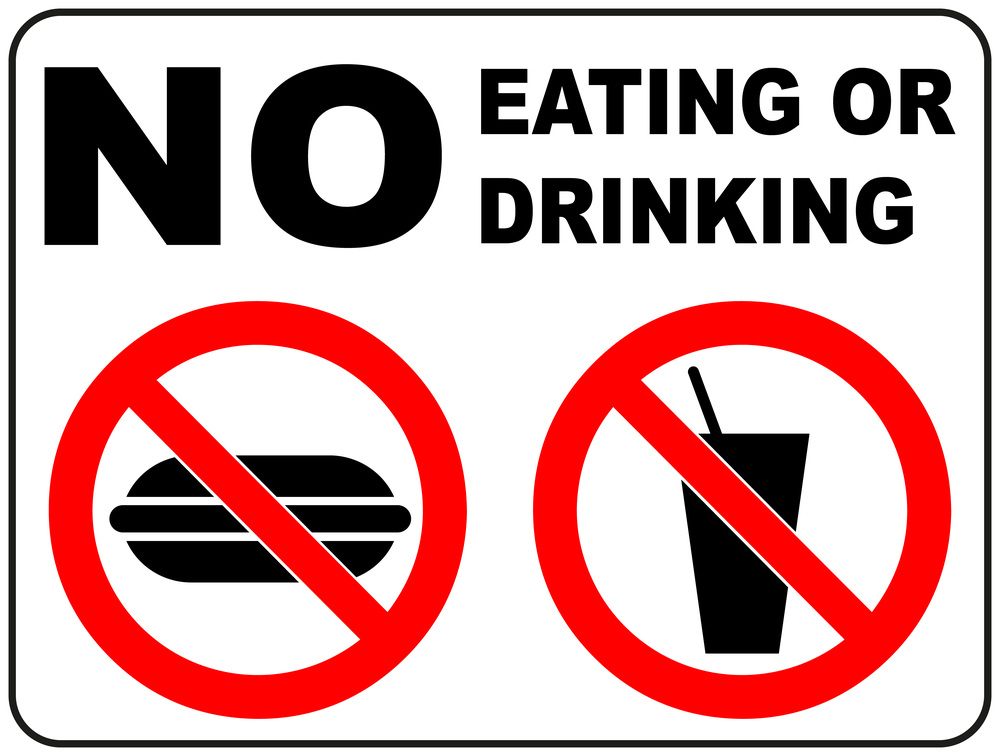
Florence has specific streets where eating during certain hours can result in fines. Eating on the streets of Florence’s historic center — including Via de’ Neri, Piazzale degli Uffizi, Piazza del Grano and Via Della Ninna — from noon to 3pm and from 6pm to 10pm daily is prohibited. Similar restrictions exist in other Italian cities and various destinations worldwide. These rules aim to reduce litter and preserve the dignity of historic areas, but tourists often discover them only after receiving a penalty notice.
Taking Sand, Shells, or Natural Materials

Sardinia has implemented strict rules about removing natural materials from beaches. It was made illegal in 2017 to take sand, pebbles, or shells from any of Sardinia’s beaches, with a hefty fine of up to €3,000 for rule breakers. Airport staff now regularly check for and confiscate bottles of sand in order to stop the degradation of their beaches, as well as to prevent people from selling it online. Similar rules apply in many coastal destinations where over-tourism has threatened natural environments.
Disrespecting Local Customs or Symbols

— Photo by PongMoji
Thailand has extremely strict laws about showing respect to the monarchy. The monarchy is very well respected in Thailand, and locals uphold an admiral level of patriotism for King and country, which is why you could face a heavy fine or even time in prison if you step on Thai money — even accidentally. In Thailand, defaming, threatening, or insulting the king or the royal family can come with harsh consequences. Lèse–majesté (wounded majesty) laws in the nation are some of the strictest in the world. Even unintentional disrespect can lead to serious legal consequences.
Overstaying Visa Requirements

Many countries impose significant financial penalties for visa overstays. Overstaying a visa for less than 90 days attracts a fine of US$300. There is a fine of US$400 for overstaying a visa between 91 days and 2 years in India. These fines can quickly escalate, and overstaying can also result in future travel restrictions or entry bans. Tourists often lose track of their permitted stay duration, especially when moving between countries with different visa requirements.
Wearing High Heels at Archaeological Sites
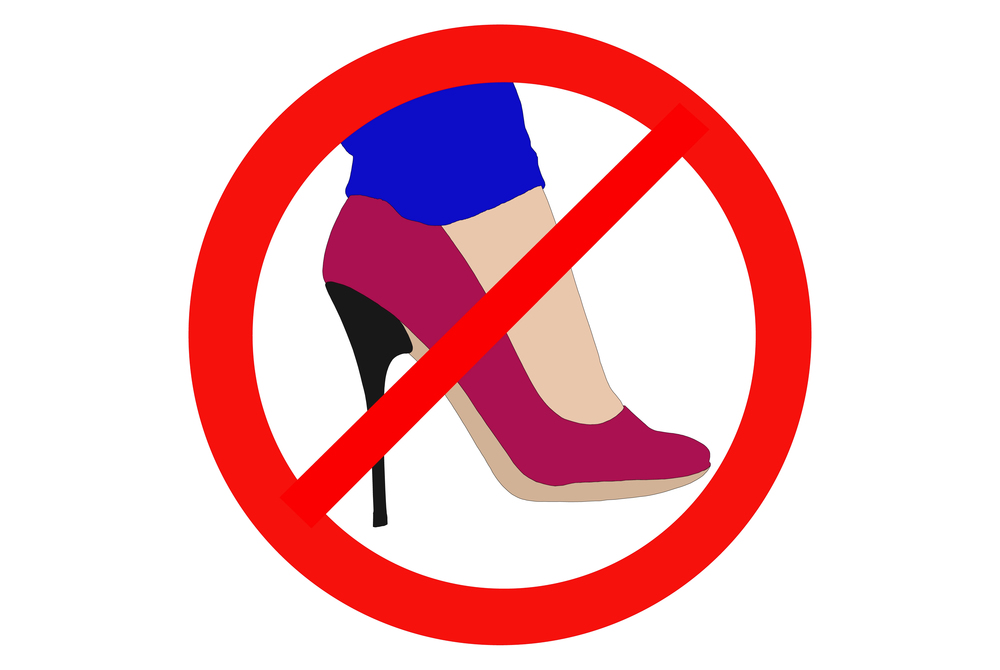
Greece has banned high heels at certain historic sites to protect ancient structures. High heels are banned at key Greek historic sites like the Acropolis, with fines of up to €900. The pointed heels can damage delicate ancient stonework and marble surfaces. This unique rule catches many visitors unprepared, particularly those who planned to dress up for photos at iconic locations like the Parthenon.
Cycling in Restricted Areas
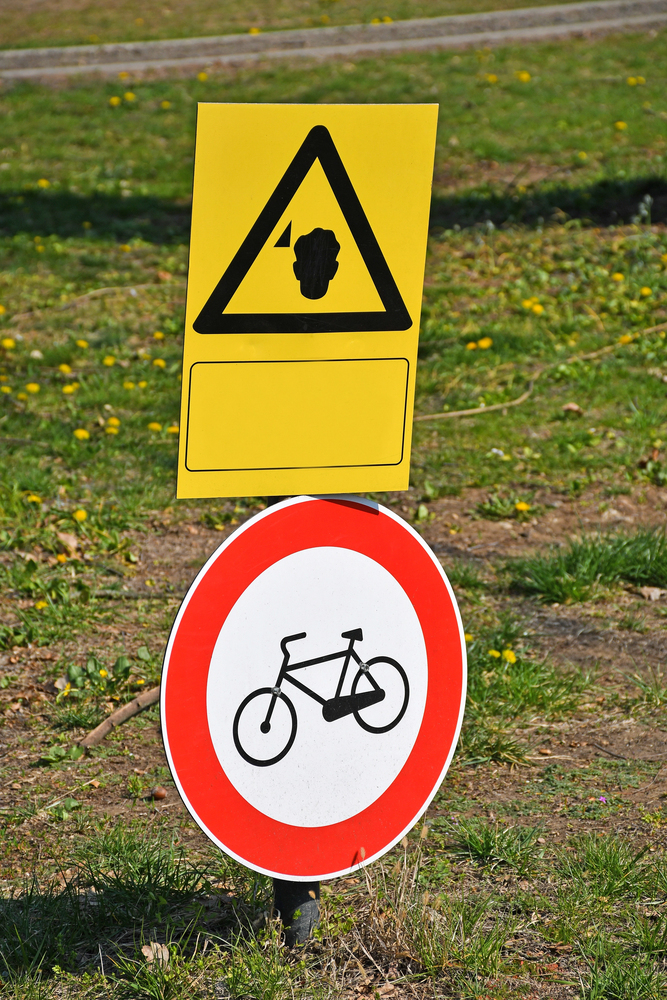
Venice prohibits cycling in the historic center due to narrow streets and pedestrian safety concerns. Cycling, rollerskating, and skateboarding are also not allowed in the center, as the streets are so narrow. Amsterdam has the opposite problem — tourists walking in bike lanes face angry cyclists and potential fines. Understanding local transportation rules and designated areas for different modes of travel can save both money and embarrassment.
Drinking Alcohol in Public Spaces
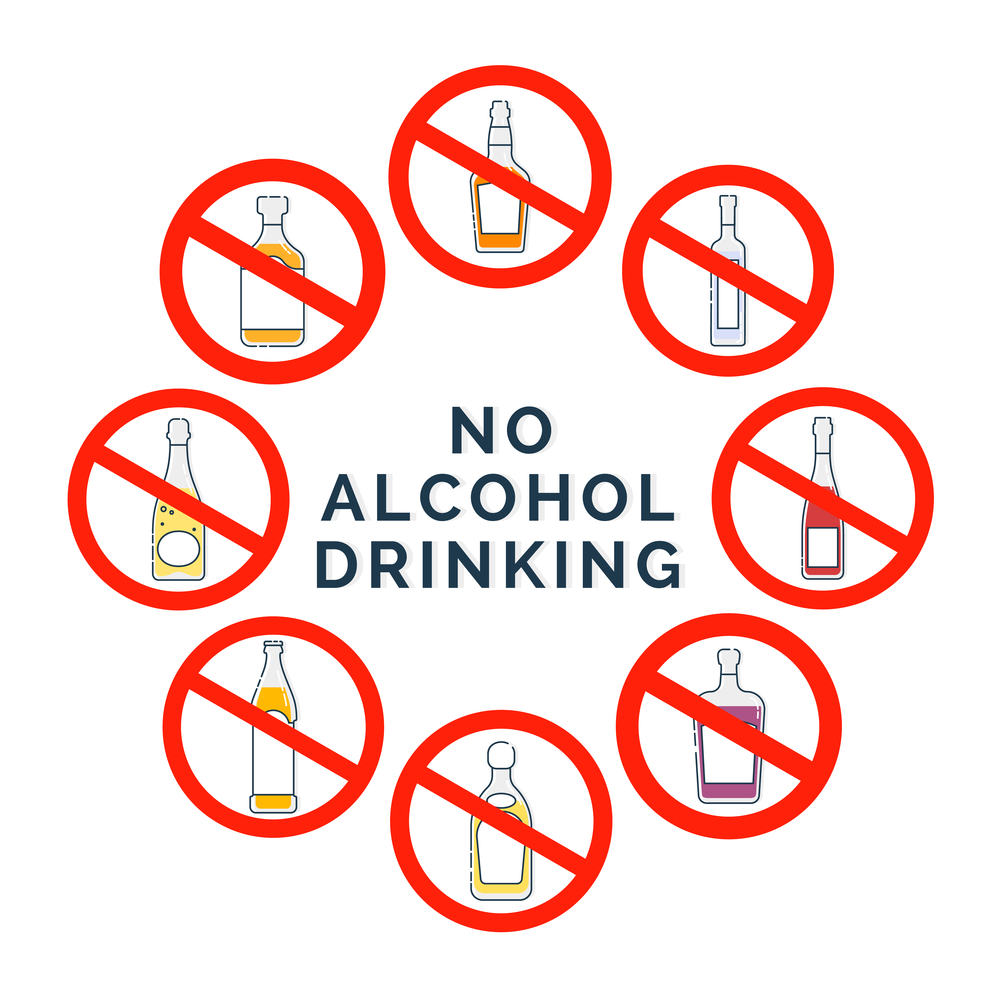
Many countries and cities have strict rules about public alcohol consumption. It is illegal to drink alcohol in a public place between 10:30 pm and 7:00 am. The areas of Geylang and Little India are designated as “Liquor Control Zones” where drinking in public places is prohibited all weekends, on public holidays, and on the eve of public holidays in Singapore. Even destinations that seem relaxed about alcohol may have specific time or location restrictions that tourists overlook.
Swimming in Prohibited Waters
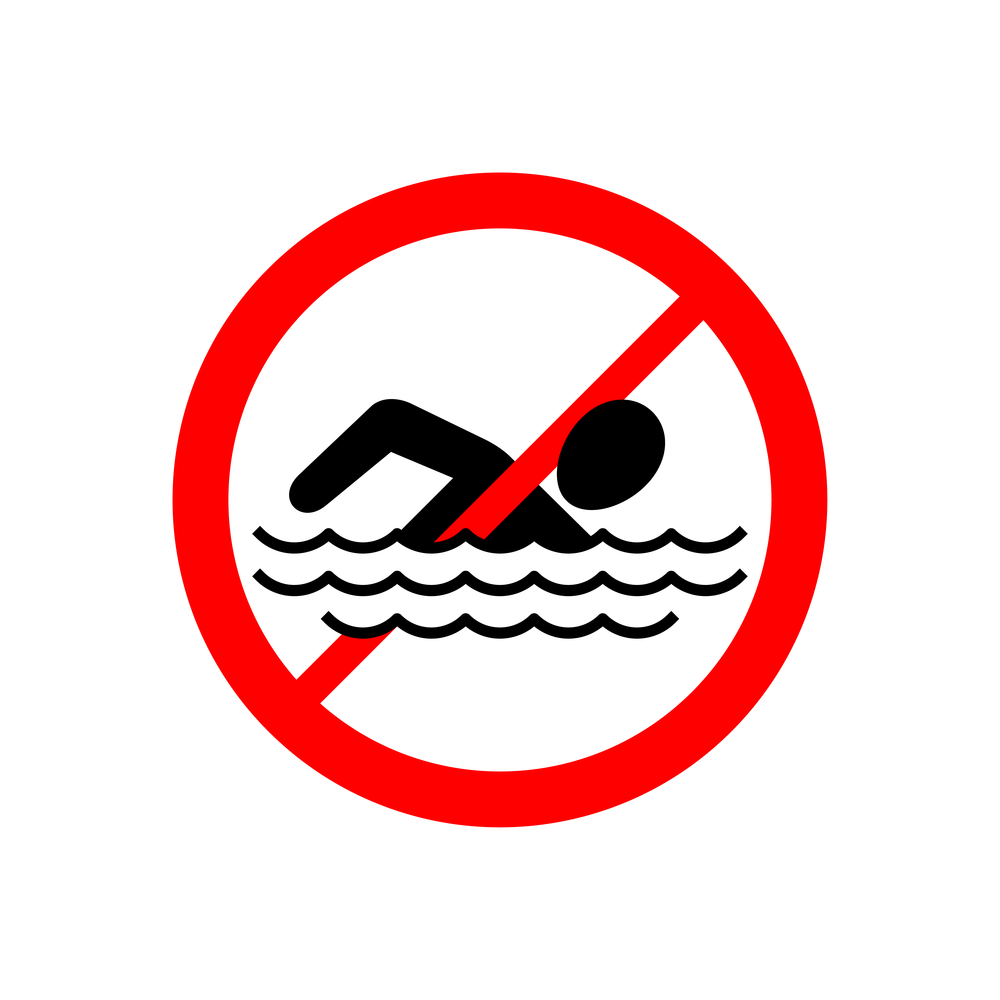
Venice famously prohibits swimming in its canals due to pollution and safety concerns. In 2019, two tourists were fined around US$3,320 for skinny-dipping in the polluted waters close to Piazza San Marco. Many other cities have similar restrictions on swimming in fountains, rivers, or other water features. What might seem like harmless fun can result in hefty fines and potential health risks from contaminated water.
Using Electronic Devices Inappropriately
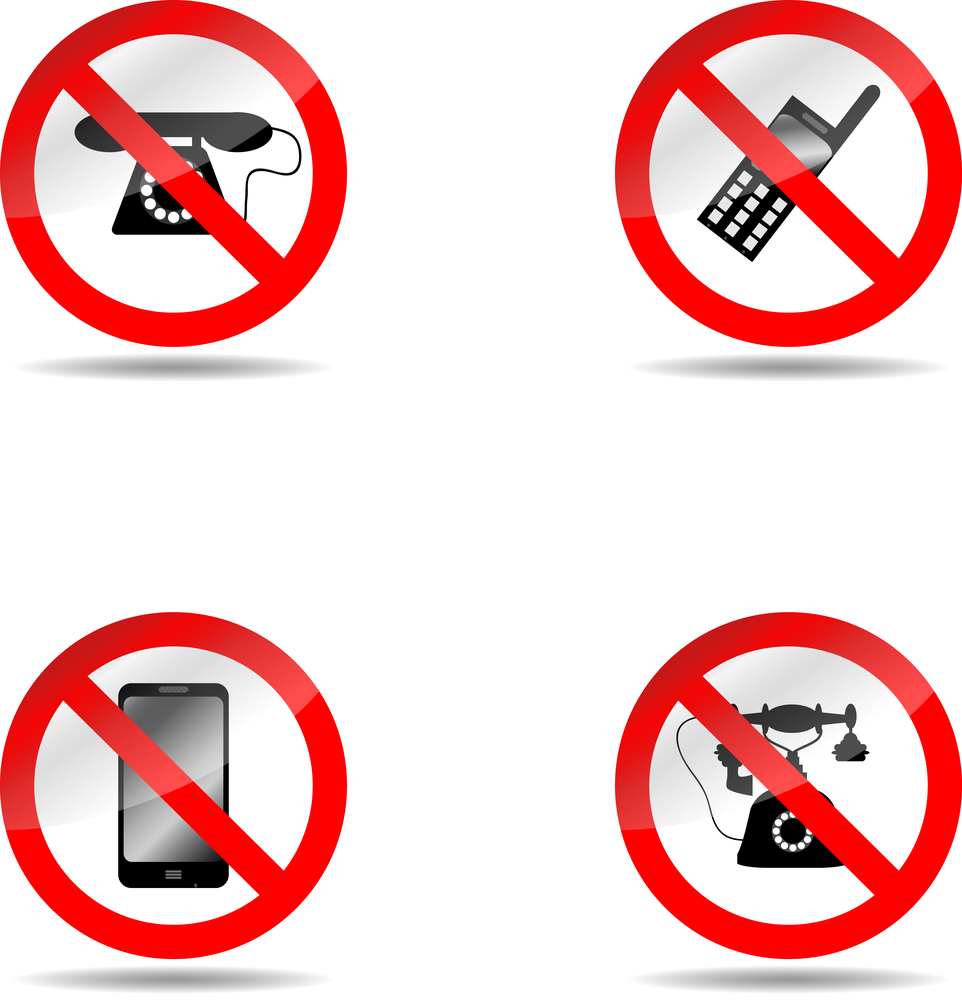
Photography is strictly prohibited in the Vatican’s Sistine Chapel. Photography is strictly prohibited to protect Michelangelo’s frescoes from camera flashes and to maintain the sacred atmosphere. Many museums and religious sites have similar rules about cameras, phones, and other electronic devices. Beyond photography, some locations also restrict phone calls, music, or other electronic device usage. Milan has even banned things like selfie sticks in major tourist areas as part of broader anti-social behavior regulations.
Your Wallet’s New Best Friend
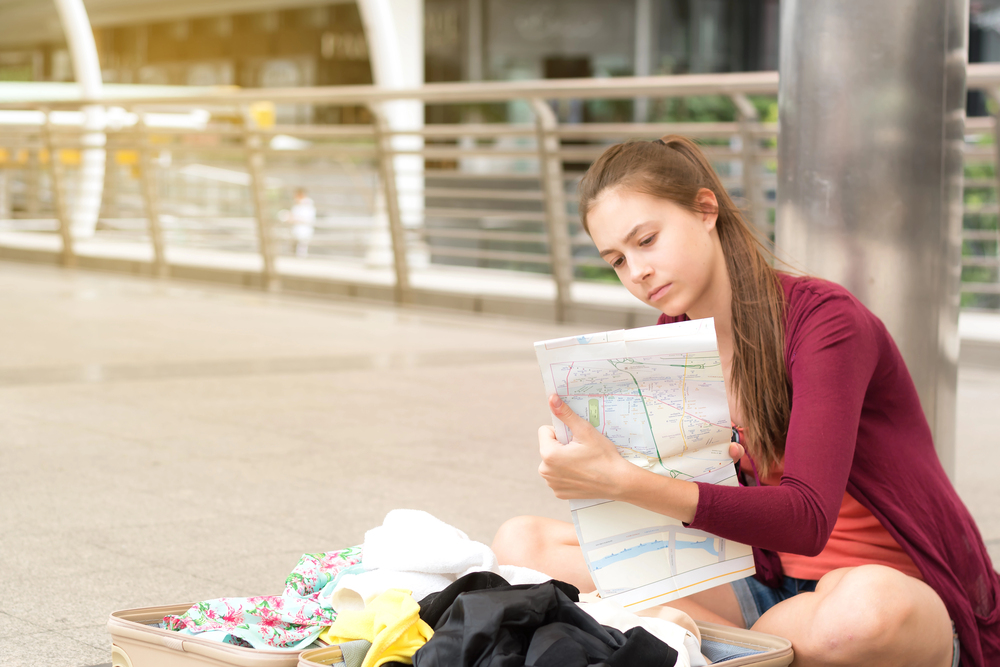
Understanding local laws and cultural expectations isn’t just about avoiding embarrassment — it’s about protecting your travel budget from unexpected hits. These 18 common mistakes show how easy it is to turn a wonderful vacation into an expensive lesson. The key is doing your homework before you go and staying aware of your surroundings once you arrive. After all, the best souvenir you can bring home is the money you didn’t spend on avoidable fines.
More from Travel Pug

- 20 Best Beach Towns in the Carolinas
- 13 Destinations Where Tourists Regularly Regret Their Trip
- 20 Things You Actually Get in First Class
- 20 Small Airports With Aviation Museums
- 20 Places in the U.S. That Are Perfect for a Reset Trip
Like Travel Pug’s content? Follow us on MSN.
